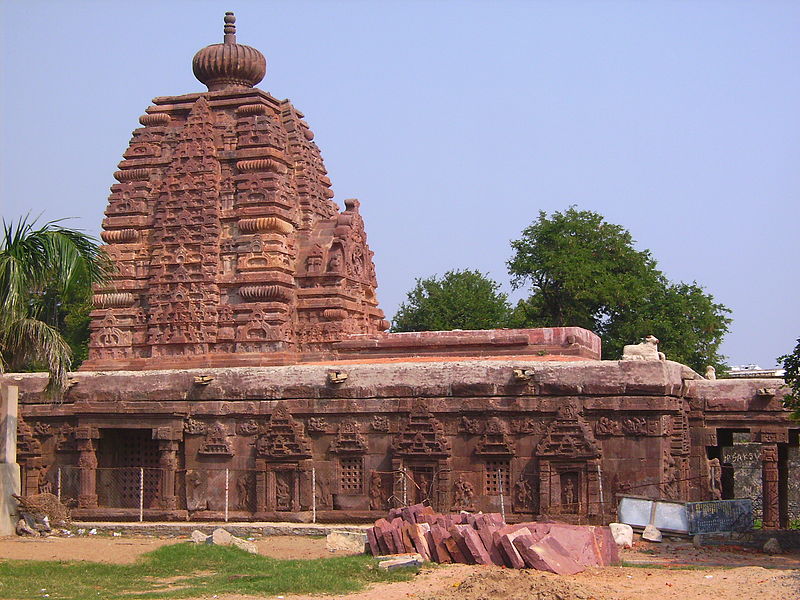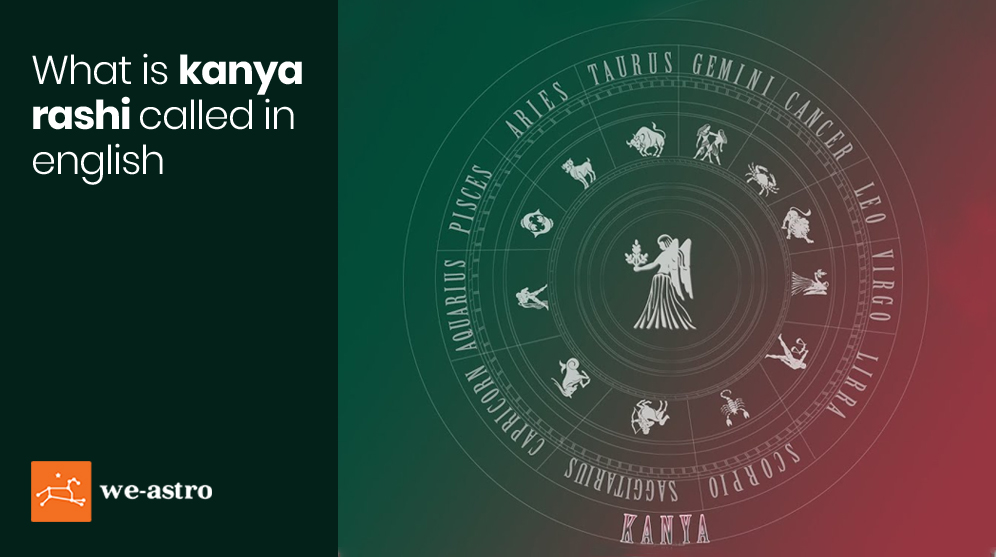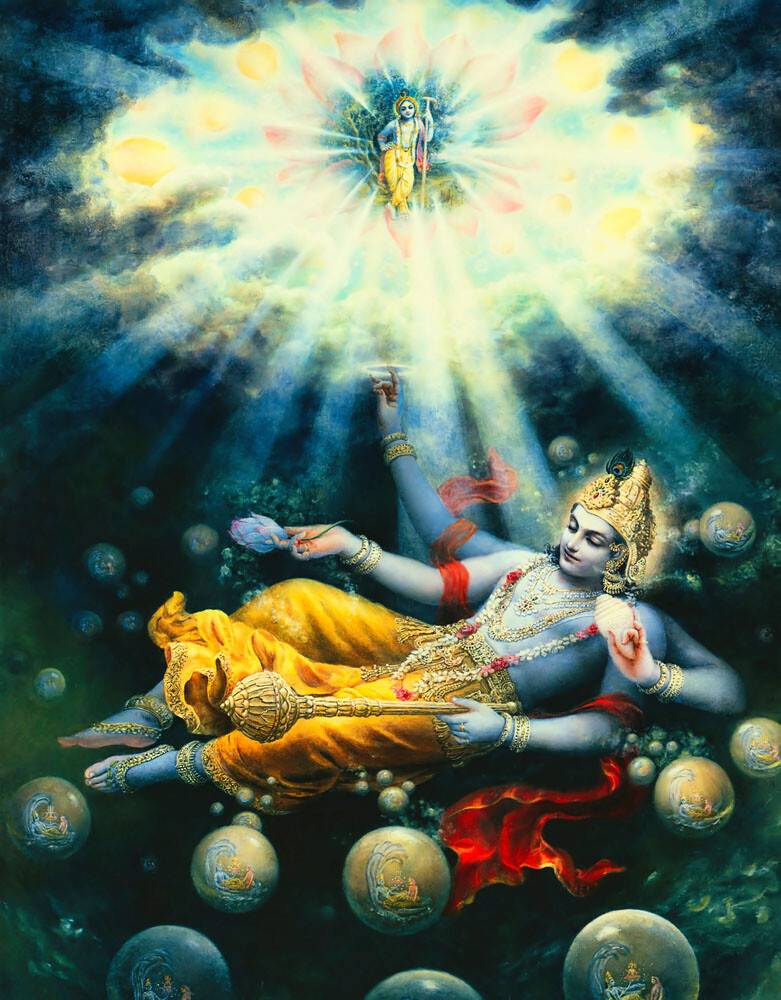Ignite Your Spirit: Unveiling the Enigma of Hindu Fire God
Discover the intriguing aspects of Agni, the Hindu fire god, whose divine essence represents knowledge, wisdom, and transformation in Hinduism.

In Hinduism, the concept of gods and goddesses holds a significant place, as they are believed to govern various aspects of life. Among these revered deities, Agni, the Hindu fire god, is one of the most important and fascinating. Agni represents fire, and through fire, he symbolizes the transformative nature of existence. The significance of Agni can be traced back to the Vedic period, where he played a vital role in rituals and was also one of the chief deities. Over the years, the representation of Agni has evolved, but his essence remains the same.
Agni has multiple roles in Hinduism, acting as a purifier, a messenger, and an intermediary between humans and gods. The sacred fire is considered a purifier, as it can cleanse any impurities or sins. In many Hindu ceremonies and rituals, the fire is considered a divine witness, present in events such as weddings, housewarming ceremonies, or even funerals. The fire god is also seen as a carrier of offerings and prayers from humans to the gods, helping to bridge the gap between the earthly and divine realms. Agni leads the way in this process of communication between mortals and gods, ensuring the proper delivery of prayers and offerings.
The representation of Agni is usually depicted with two or seven heads, riding on a ram or in a chariot driven by goats. His origin story varies across different texts, but he is commonly believed to be the son of Kasyapa, a great sage, and Aditi, mother of the gods. Agni is married to Svaha, who personifies the ritual offering. The couple has three sons, Pavaka, Pavamana, and Suchi, who represent the different forms of Agni.
The worship of Agni has existed since the Vedic period, with numerous hymns in the Rigveda dedicated to him. The importance of Agni can be seen in the fact that he is the only god to be invoked in all the three types of Vedic rituals - Havir, Soma, and Sava. Additionally, Agni is also connected to several other deities, like Indra, Surya, and Vayu, emphasizing the interconnectedness of the divine forces in Hinduism.
In conclusion, Agni, the Hindu fire god, is a multifaceted deity representing fire, purification, and the connection between the human and divine worlds. Since the Vedic period, his significance in rituals and ceremonies has been immense, and it continues to hold a prominent place in Hinduism today. The worship of Agni teaches us about the transformative power of fire, reminding us of the cyclical and ever-changing nature of life.




